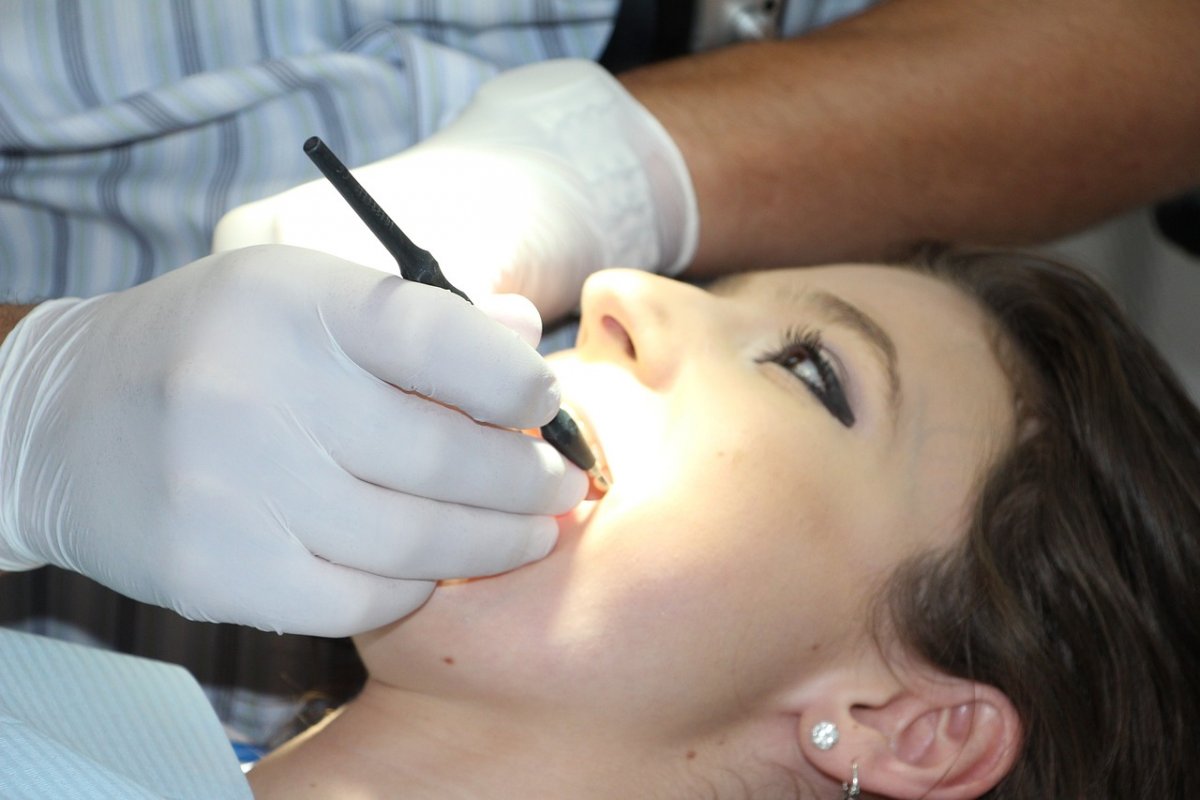
According to the gynecologist, hormonal imbalance in the body can lead to many oral complications.<
Due to the decrease in hormone levels, periods will stop, which can also cause symptoms such as hot flashes, mood swings and foggy head.
People need to exercise extra vigilance for oral health if they suspect they are approaching or in menopause. Menopause can affect the body in different ways, but quite often oral issues are left unaddressed.
“Symptoms can be easily reversed if a woman is aware of her oral health at this time in her life, has regular checkups, and has a dentist who understands her current condition. Night sweats, head fog and hot flashes are usually a concern while traveling, and oral health is a forgotten topic, although it should also be a priority,” says gynecologist Elizaveta Komarova, especially for MedicForum.
She warned that menopause can cause such problems,like dry mouth, gum disease and even tooth loss.
What to look for when choosing toothpaste for children
Dry mouth
One of the main problems during this period of a woman's life is the drop in estrogen levels, which causes numerous symptoms, including dry mouth.
And dry mouth can cause a lot of problems because the germs will stay longer, leading to more bacteria hiding in the teeth and gums.
Gum disease
This can lead to worse gum health, which can lead to bleeding, soreness, mouth ulcers, receding gums, and bad breath.
When does menopause start? 7 Signs You Might Be Going Through Menopause Soon
“Gums that are stressed due to major hormonal changes can also cause bite problems, which can lead to pain when eating and chewing.”
Tooth loss
“A drop in estrogen can affect jaw bone and bone density, increasing the risk of loose teeth and even tooth loss.”
>MedicForum has previously written about the signs of pancreatic cancer.
Important! Information provided for reference purposes. Ask a specialist about contraindications and side effects and under no circumstances self-medicate. At the first sign of illness, consult a doctor.
